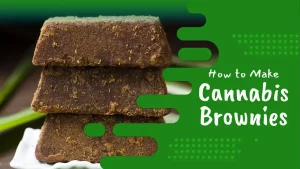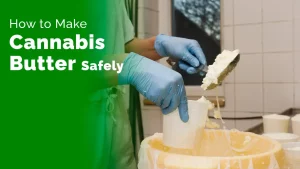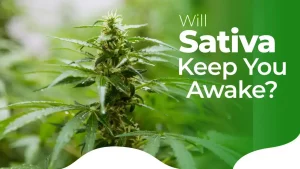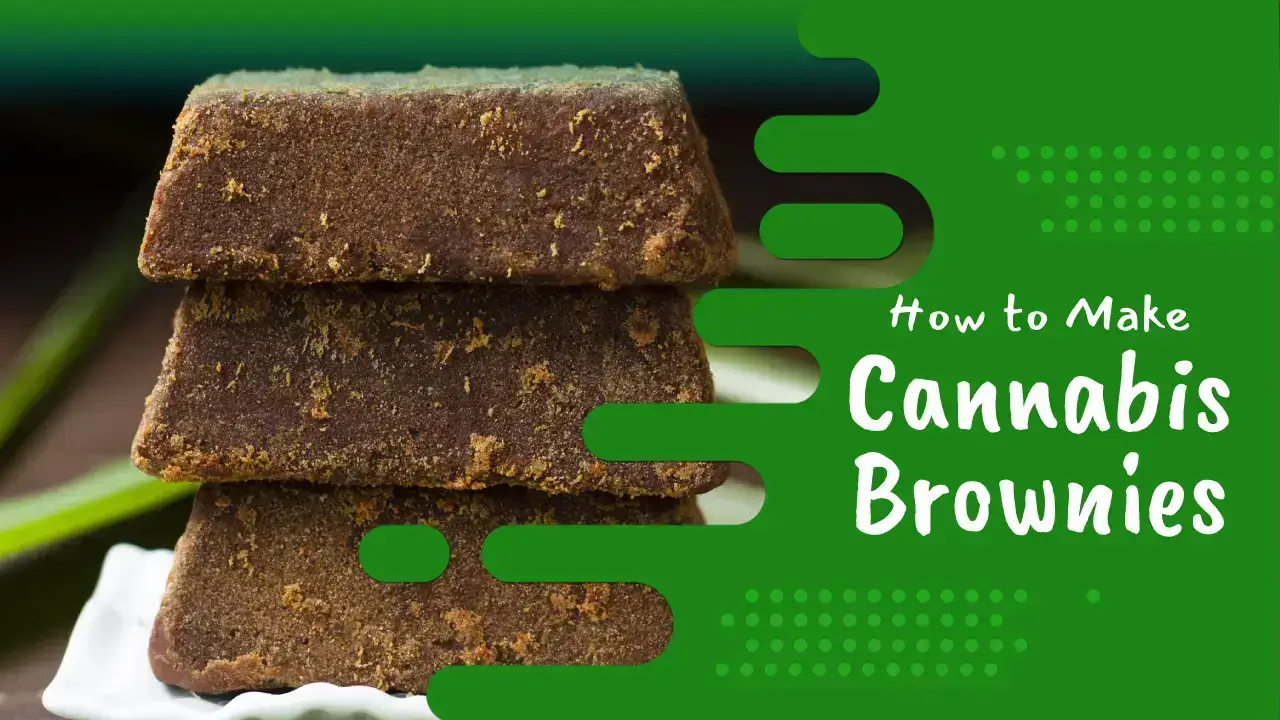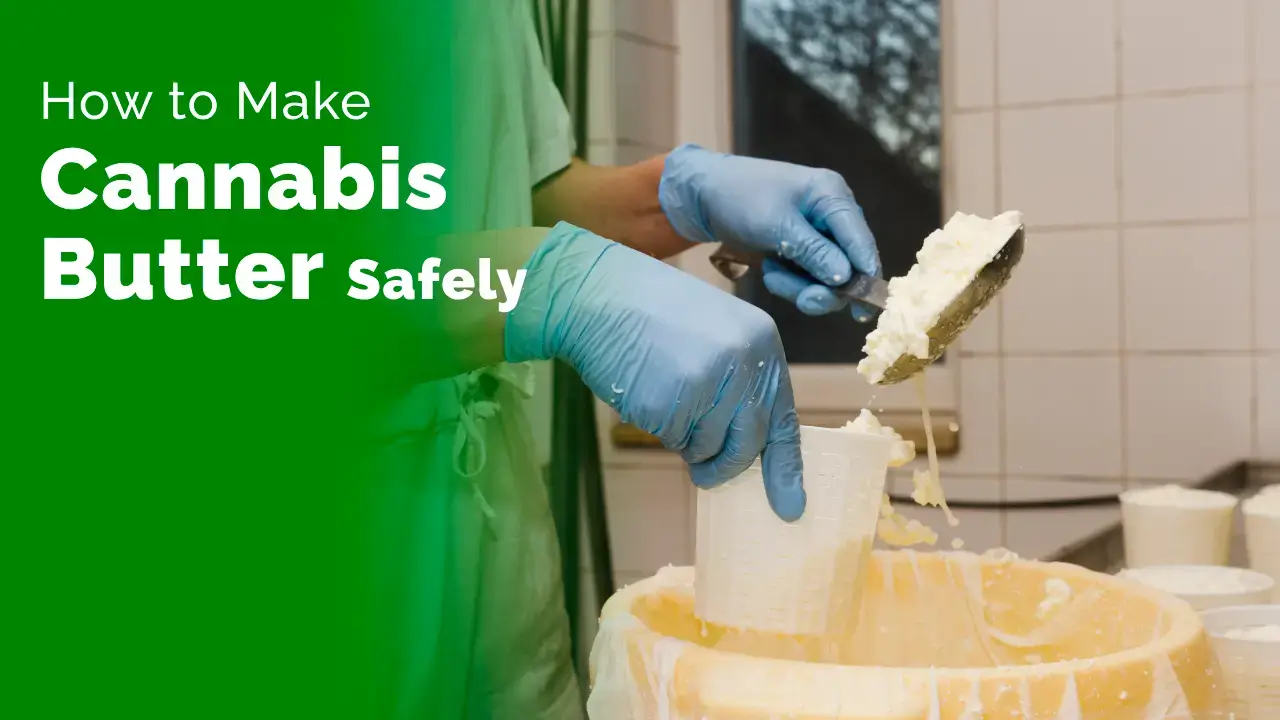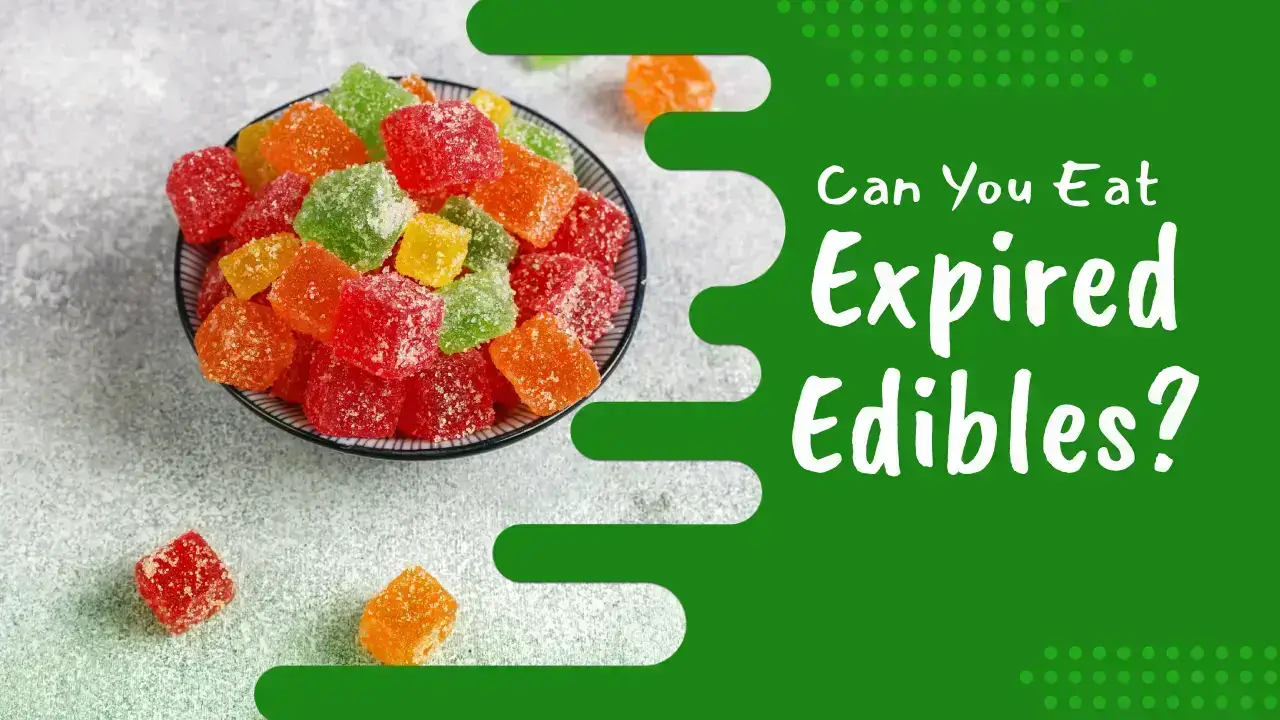There are links on this site that can be defined as affiliate links. This means that we may receive a small commission (at no cost to you) if you purchase something through the links provided on this website.
As the world of cannabis continues to evolve, a plethora of compounds are becoming increasingly popular for their potential therapeutic benefits. One such compound is THCA a non-psychoactive cannabinoid found in raw cannabis. This guide delves into the details of it and its use, how it differs from THC, and its legality.
Keynotes:
- THCA flower is a non-psychoactive cannabinoid found in raw cannabis, offering potential therapeutic benefits without inducing a high.
- It differs from THC in its chemical structure and psychoactive properties, requiring decarboxylation to convert into THC for intoxicating effects.
- It can be consumed through juicing raw cannabis, capsules, tinctures, or eating raw cannabis buds or leaves, providing various ingestion options.
- Preliminary studies suggest it may possess anti-inflammatory, neuroprotective, and weight management properties, offering potential health benefits.
What is THCA?
It is a non-psychoactive cannabinoid predominantly found in raw and unheated cannabis. It’s considered the precursor to THC, the compound responsible for the euphoric high associated with cannabis. However, before being exposed to heat or light, It doesn’t produce psychoactive effects, making it considerably different from THC.
Chemical Structure of THCA
The chemical structures of THCA and THC are remarkably similar, with the primary difference being the presence of a carboxyl group in it This additional group makes it an acidic compound. However, when exposed to heat or light, a process known as decarboxylation takes place, breaking off the carboxyl group and converting it into THC.
THCA vs. THC: Key Differences
Psychoactive Properties
One of the most significant differences between THCA and THC is their psychoactive properties. THC is renowned for its psychoactive effects, altering mood, perception, and cognitive functioning. On the contrary, it does not produce a high, meaning it won’t alter your state of consciousness or interfere with your cognitive abilities.
Consumption Methods
THC is typically consumed through inhalation via smoking or vaping, topically via creams or lotions, orally via edibles or capsules, and sublingually via tinctures. On the other hand, thca is often consumed by juicing raw cannabis leaves or through capsules and tinctures made from raw plants.
Potential Health Benefits
Both possess potential health benefits. THC has been widely studied for its potential in pain relief, appetite stimulation, and nausea reduction. Conversely, it has been associated with potential anti-inflammatory, neuroprotective, and anti-proliferative properties.
Converting into THC
The conversion of THCA into THC occurs through decarboxylation, a process involving heat or light exposure. When you smoke or vaporize raw cannabis, the heat triggers decarboxylation, transforming it into THC. This conversion is responsible for the psychoactive effects experienced during cannabis consumption.
How to Use It?
The methods for consuming it are diverse and largely depend on personal preferences. Some of the most common ways to ingest it include:
- Juicing: Juicing raw cannabis leaves is a popular method for consuming THCA. This method provides a non-psychoactive way to ingest the compound, allowing you to enjoy its potential health benefits without experiencing a high.
- Capsules and Tinctures: It can also be consumed in the form of capsules and tinctures made from raw cannabis. These products provide an easy and convenient way to ingest It.
- Raw Cannabis: Consuming raw cannabis is another method to ingest It. This method involves eating fresh, unheated cannabis buds or leaves.
Potential Health Benefits
Though research on it is still in its infancy, preliminary studies have suggested several potential health benefits. Some of the suggested benefits of THCA include:
- Anti-Inflammatory Properties: It has displayed potential anti-inflammatory properties, which may be beneficial for managing pain and inflammation.
- Neuroprotective Properties: Some animal studies have shown that It may have neuroprotective properties, indicating potential benefits in the treatment of neurodegenerative conditions.
- Support for Healthy Weight: A recent study found that It might aid in managing obesity-related diseases such as fatty liver disease and diabetes by supporting normal insulin levels.
Psychoactive Effects
While THC is known for its psychoactive effects, THCA does not produce a high. THC binds to cannabinoid receptors in the brain, leading to a euphoric high. In contrast, It does not bind to these receptors as efficiently, meaning it doesn’t produce the same psychoactive effects as THC.
Different Forms
The versatility of THCA is reflected in the variety of forms available. Some of the most common forms of it include:
- Natural cannabis derivative with high THCA and low THC.
- THCA Diamonds: High-potency crystalline structures known for their remarkable potency and clarity.
- THCA Vape: A method for consuming IT through vaporization, providing fast absorption and effects.
- THCA Concentrates: Potent extracts with high levels of It are used in various products like oils, tinctures, and dabs.
- Bulk and Wholesale: High-volume options for products, including raw flowers and concentrates, suitable for diverse consumption preferences.
Understanding THC
THC, or tetrahydrocannabinol, is the psychoactive compound in cannabis that produces the “high” feeling. It interacts with the body’s endocannabinoid system and binds to cannabinoid receptors in the brain and nervous system. THC is typically consumed through smoking or vaping, which will convert it into THC.
Legal Status of THCA and THC
Its legal status varies depending on your location. THC is regulated due to its psychoactive properties and is classified as a controlled substance in many regions. However, laws regarding it differ because it doesn’t induce intoxication in raw form. It’s crucial to be aware of the legal framework concerning it and THC in your area before purchasing or using any cannabis products.
Conclusion
THCA is a non-psychoactive compound found in raw cannabis that offers potential health benefits. It is distinct from THC, as it doesn’t induce a high but can be converted into THC through heat or light exposure. Understanding these differences is crucial for users looking to make informed choices about their cannabis consumption.
FAQs
What is THCA in cannabis?
THCA, or tetrahydrocannabinolic acid, is a non-psychoactive compound found in raw, unheated cannabis. It doesn’t produce psychoactive effects and must be heated to convert into THC, the compound responsible for the high associated with cannabis use.
How does THCA become THC?
THCA converts into THC through a process known as decarboxylation, which involves applying heat or light. This conversion activates the psychoactive properties of THC.
Is there any difference between how THCA and THC work on your body?
Yes, there is a significant difference. THCA doesn’t bind as efficiently to cannabinoid receptors as THC does, meaning it doesn’t produce the same psychoactive effects.
Can you use THCA for medical reasons too?
While research is still ongoing, preliminary studies suggest that THCA could have potential health benefits, such as anti-inflammatory and neuroprotective properties.

